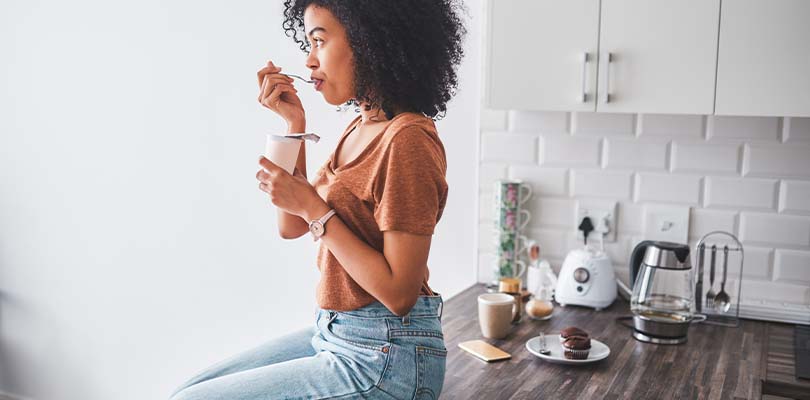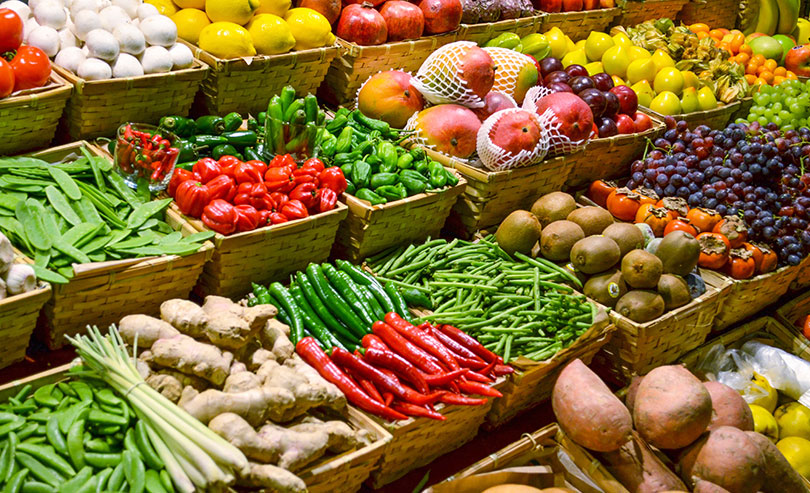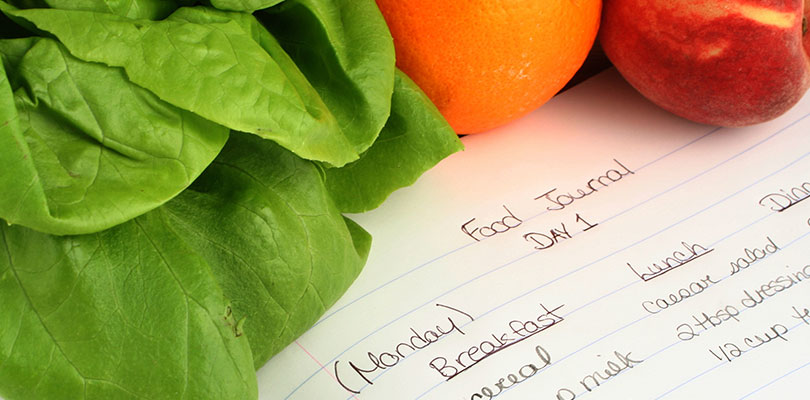
Photo Credit: gvictoria / istockphoto.com
What Causes Bloating and How to Avoid It
Intestinal bloating is very common in people with irritable bowel syndrome (IBS), affecting approximately 75-90 percent of sufferers. This bloating may be associated with distension of the abdomen, however a person may suffer from intestinal bloating without having tummy distention. The bloating may be mild but, in many IBS sufferers, it is frequently reported as moderate to severe.
Bloating can significantly affect quality of life, causing discomfort, pain, tight clothing, flatulence and social distress. For some, this is enough to withdraw from activities and social functions.
Currently, there is no magic solution to treat bloating in IBS. Instead, sufferers are encouraged to identify and avoid the factors that trigger bloating in themselves. Some preventative strategies include:
1. Keep a Food Diary
Record symptoms relative to food intake, mood and activities to determine what makes bloating better or worse. There are several apps for mobile phones and tablets that can help you with this.

Photo Credit: Antonio_Diaz / istockphoto.com
2. Rule out Other Conditions
See a doctor or dietitian to rule out lactose, gluten, or fructose intolerances that might be contributing to bloating.
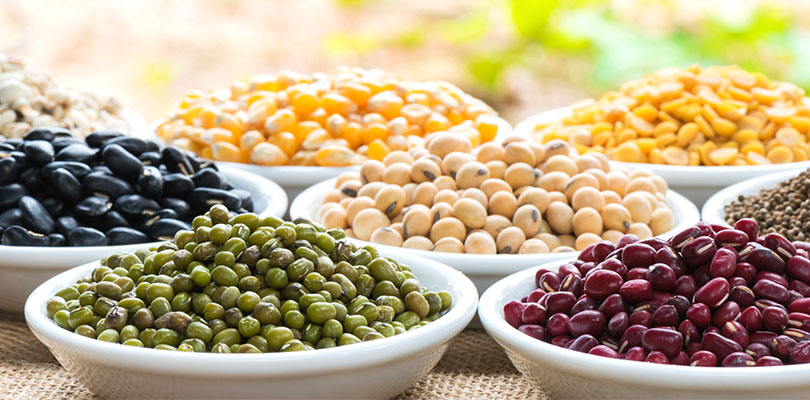
Photo Credit: peangdao / istockphoto.com
3. Avoid Gas-Producing Foods
Reduce your consumption of gas-producing foods, such as cabbage, beans and lentils.
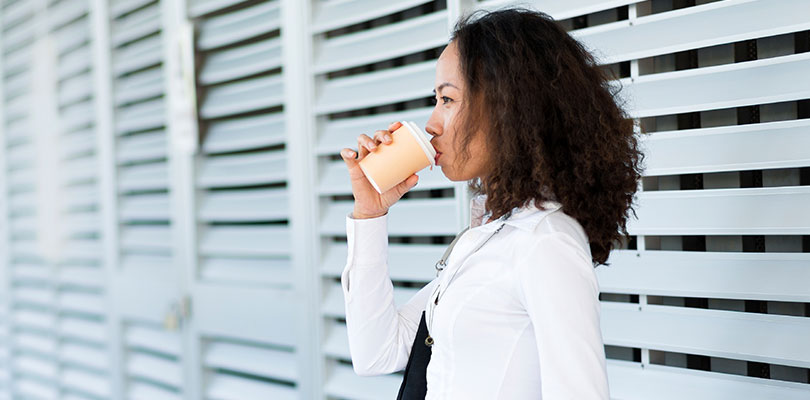
Photo Credit: DragonImages / istockphoto.com
4. Reduce or Eliminate Caffeine Intake
There’s caffeine in coffee, tea, soda and energy drinks. Caffeine can over-stimulate the intestines in people with IBS and cause bloating.
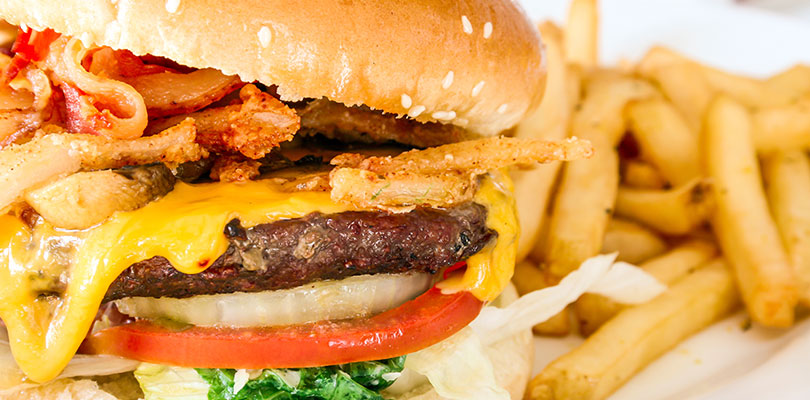
Photo Credit: ancell77 / istockphoto.com
5. Reduce or Eliminate Other Bloating Foods
As with caffeine, you should limit your intake of alcohol, spicy foods, high fat foods and artificial sweeteners, as these can exacerbate bloating in some people.
There aren't many controlled studies on exercise for IBS, but there’s a good deal of evidence to suggest that activity can change things for the better.
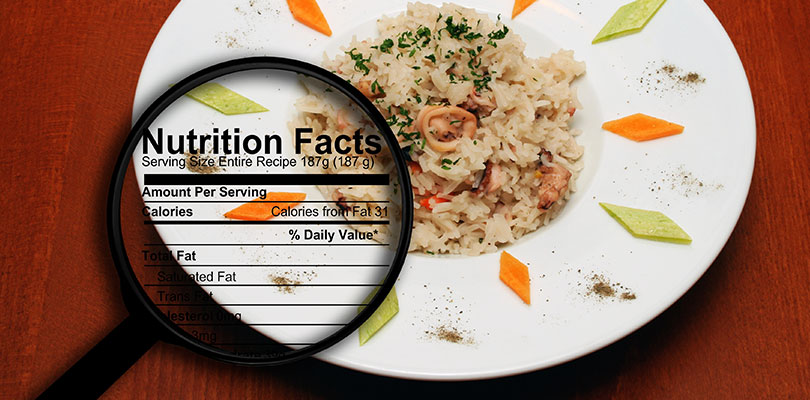
Photo Credit: alexskopje / istockphoto.com
6. Try a Low FODMAP Diet
FODMAP stands for fermentable oligosaccharides, disaccharides, monosaccharides and polyols. These are small carbohydrates and substances in the diet that pass through the intestines without being taken into the body.
They stay in the intestines, causing certain bacteria at the end of the small intestine to overgrow. These bacteria are rapidly able to break down the FODMAPs, producing excess gas. These substances also draw water into the gut, causing fluid build-up.
Try a diet low in these substances to see if it helps your bloating. There are many apps available to help you keep track of which foods FODMAPs are found in.

Photo Credit: amadea / istockphoto.com
7. Drink Lots of Water
Ensure you drink enough water to avoid constipation, which slows movement of the intestines and traps gas in.

Photo Credit: MariuszBlach / istockphoto.com
8. Practice Stress Management
Many IBS sufferers report stress as a significant factor that increases symptoms. Try meditation, mindfulness exercises, exercise or cognitive behavior therapy to help control anxiety levels, especially in stressful situations.

Photo Credit: imtmphoto / istockphoto.com
9. Undertake Regular Exercise
Exercise aids digestion and helps with gut movement; aerobic exercise can help reduce intestinal bloating, while core strengthening exercises can help tighten the tummy muscles and reduce the impact of abdominal distention.

Photo Credit: gpointstudio / istockphoto.com
10. Get Enough Sleep
Inadequate sleep can exacerbate bloating. In contrast, bloating usually reduces overnight while sleeping, so getting at least eight hours of sleep a night is important.
IBS can cause a variety of digestive problems, sometimes severe enough to interfere with day-to-day life. Here are some foods to avoid for IBS.






